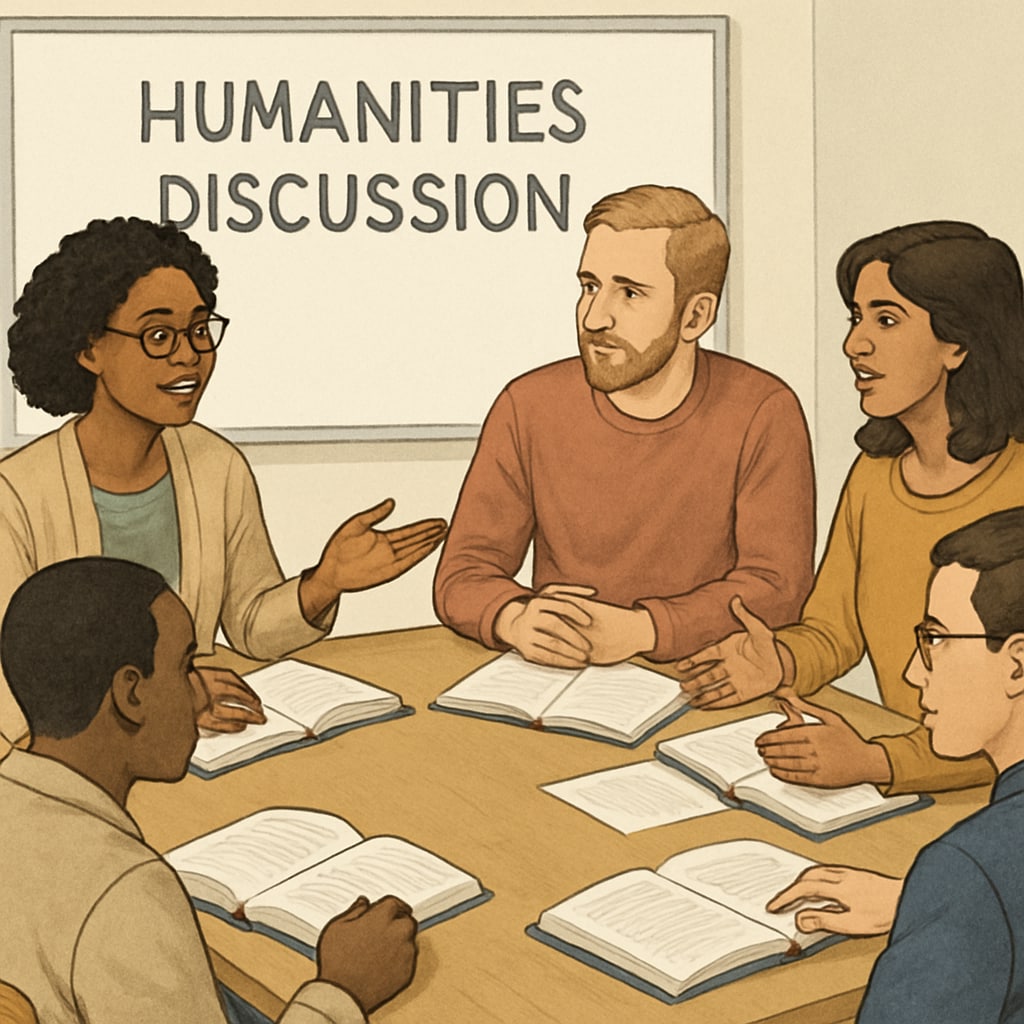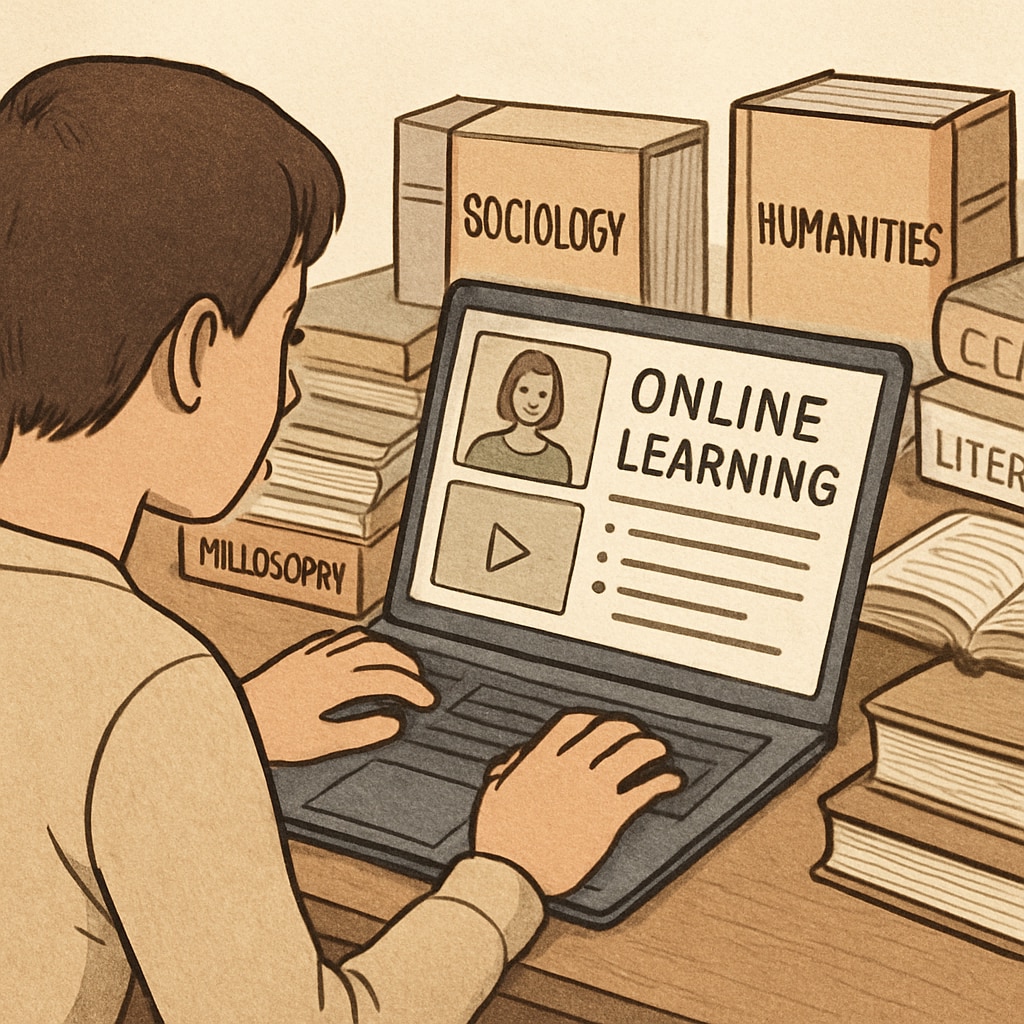Adult international students often encounter significant challenges in their academic journeys, particularly in adapting to new cultural norms and acquiring basic knowledge in humanities. These gaps can hinder their educational progress and cultural integration. However, with the right resources and strategies, educators and students can work together to bridge these gaps, fostering both academic success and personal growth.
Understanding the Challenges: Bridging Cultural and Educational Gaps
For many adult international students, transitioning into a Western education system introduces unique obstacles. These challenges often stem from differences in teaching methodologies, unfamiliarity with cultural references, and gaps in foundational humanities knowledge. For example, Western curricula frequently emphasize critical thinking and interdisciplinary approaches in subjects such as history, philosophy, and literature, which may differ significantly from the educational systems in their home countries.
To address these challenges, educators must first understand the cultural and academic context of their students. Open communication, assessments of prior knowledge, and personalized learning approaches can help identify specific areas where students may need additional support.

Effective Resources for Supporting Adult Learners
Providing adult international students with targeted resources is essential for bridging foundational knowledge gaps. Here are some practical options:
- Online Platforms: Websites like Khan Academy and Coursera offer free or affordable courses tailored to humanities subjects, including history, philosophy, and literature.
- Local Libraries: Public libraries often provide access to beginner-friendly books, multimedia resources, and community workshops designed for adult learners.
- Cultural Immersion Programs: Participation in local cultural events, museum tours, and discussion groups can enhance students’ understanding of Western traditions and values.
- Language Support: For students whose first language is not English, resources like Duolingo and language exchange programs can improve their comprehension of academic texts and cultural nuances.
Educators can also utilize technology for personalized learning, such as adaptive learning platforms that tailor content to individual needs, ensuring that students progress at their own pace.

Strategies for Educators and Institutions
Institutions play a crucial role in supporting adult international students. Here are key strategies for educators and administrators:
- Create Inclusive Curricula: Incorporate diverse perspectives and global contexts into humanities courses to make content relatable for international students.
- Offer Workshops: Host workshops on cultural adaptation and academic skills, such as critical thinking and essay writing, to equip students for success.
- Mentorship Programs: Pair international students with local mentors who can provide guidance on cultural and academic challenges.
- Regular Feedback: Establish channels for students to share their experiences and concerns, allowing educators to refine their teaching methods.
By creating a supportive and inclusive learning environment, institutions can empower adult international students to overcome barriers and thrive in their educational pursuits.
Conclusion: Building Bridges for Lifelong Learning
Adult education, cultural adaptation, and basic knowledge acquisition are interconnected challenges that require collaborative efforts from students, educators, and institutions. By leveraging tailored resources, fostering cultural understanding, and implementing effective teaching strategies, we can help adult international students bridge the gap and achieve both academic and personal success. Ultimately, these efforts contribute to a richer and more inclusive global learning community.
Readability guidance: Use concise paragraphs, include lists for clarity, and maintain a balance between active voice and passive voice. Ensure smooth transitions with connectors such as “however,” “therefore,” and “in addition.”


